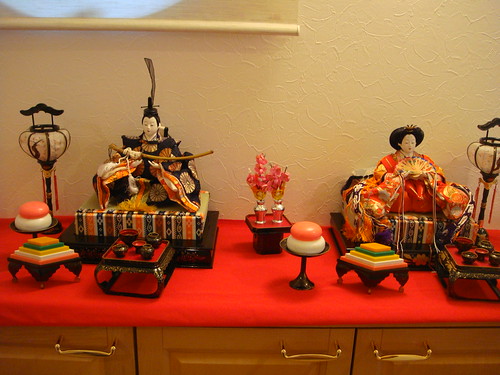Omoidashitakunai
Rowing Ruminations, Part 17
My last year in crew, I became the first
woman in my school to cox the first varsity four.
We all wish it hadn’t happened.
Our boat was older than the boats the other
schools used. The lineup (including me) was OK, but not spectacular. The big race was held on a river. (I think that sealed the deal.)
One thing we had was a good
start. We knew we weren’t the fastest boat, so we decided early on we’d work
hard on our starts. “Fly and (hope you don’t) die” is rowing strategy 101: if
you start ahead, you stand a chance of staying ahead. Our start sequence was 10
strokes longer than most other boats’. I still remember those starts, and I
still think they were good. The top edge of the seat would dig into my back on
each stroke, and they’d give me bruises. I was proud of those bruises. I would
have shown them to my friends the way I’d shown them my blisters and biceps,
and they would have been supportive of them, except they were a shade too far
south to be shown in polite company, and during the spring season I hardly ever
saw my friends outside classes. I wasn’t about to pull down my pants in the
lecture hall. (Even I have standards.)
Two decades later, I have found nothing
like sitting in that boat on a day when the guys had found some kind of, I
don’t know, swing, and we nailed our starts. That sensation of human power
transformed into acceleration is something only a coxswain on a boat starting
well can feel (the rowers feel it too, but they’re going backwards, so it’s not
quite the same. Plus, their seats don't have backs). The closest thing might be taking off in an airplane, but it’s
still very different.
We had good starts. The rest of our race, not so much.
Not awful, just not spectacular. Which wasn’t good enough to do well that
season.
(Flat Water Tuesday spoiler alert)
(Although, is there such a thing? If you
know what your food is going to taste like before you eat it, do you enjoy it
any less?)
(begin spoiler laden rumination)
(You have been warned)
I almost could not read the part about the
first race of the season. The crew had hit a slump, mostly due Rob’s technique
(or rather, lack thereof). There was also some crappy race strategy by Connor
(he rowed too fast at the start) and Ruth (it’s her job to call Connor on
rowing too fast, as many times as it takes, until he rows at the rate SHE
thinks he should). While they are losing, Ruth makes a lot of really desperate
calls about how the other boat is slowing down (they’re not) and their boat
still has a chance.
That was me, my last season.
“xxxx is two lengths ahead! (More like
four.) We’re still in this! (Well, we would be if there were 500 meters to go
instead of 100.)”
Reading that section made me short of
breath. I felt like my heart was going to jump out of my throat.
(Does this count as PTSD?)
(Of course, I would never lose my shirt
like Ruth did because we never bet shirts.)
(end spoiler)
If you lose a race, it’s the coxswain’s
fault, I guess. Even if it weren’t the case, if more people believe that is the
truth than don’t, it will be treated as the truth. (That’s probably how wars
are begun, but that’s a big tangent that’s material for a political blog and
not a blog showcasing Japanese phrases.)
That summer left me with a sense of defeat,
the bruises on my back, and very little time to study for my post-summer holiday
exams. The first woman to cox the first varsity boat for our school couldn’t
get us past the semifinal. Only a few years later, my position as the only woman to cox the first varsity boat
for our school would also become secure, when the club failed to recruit new
members to replace the graduating class and folded.
Fortunately, I passed all my post-summer
holiday exams, and I got my diploma on schedule, and I got the job I wanted
when I was thirteen, and I still have it. So, all’s well that ends well, I
guess.
